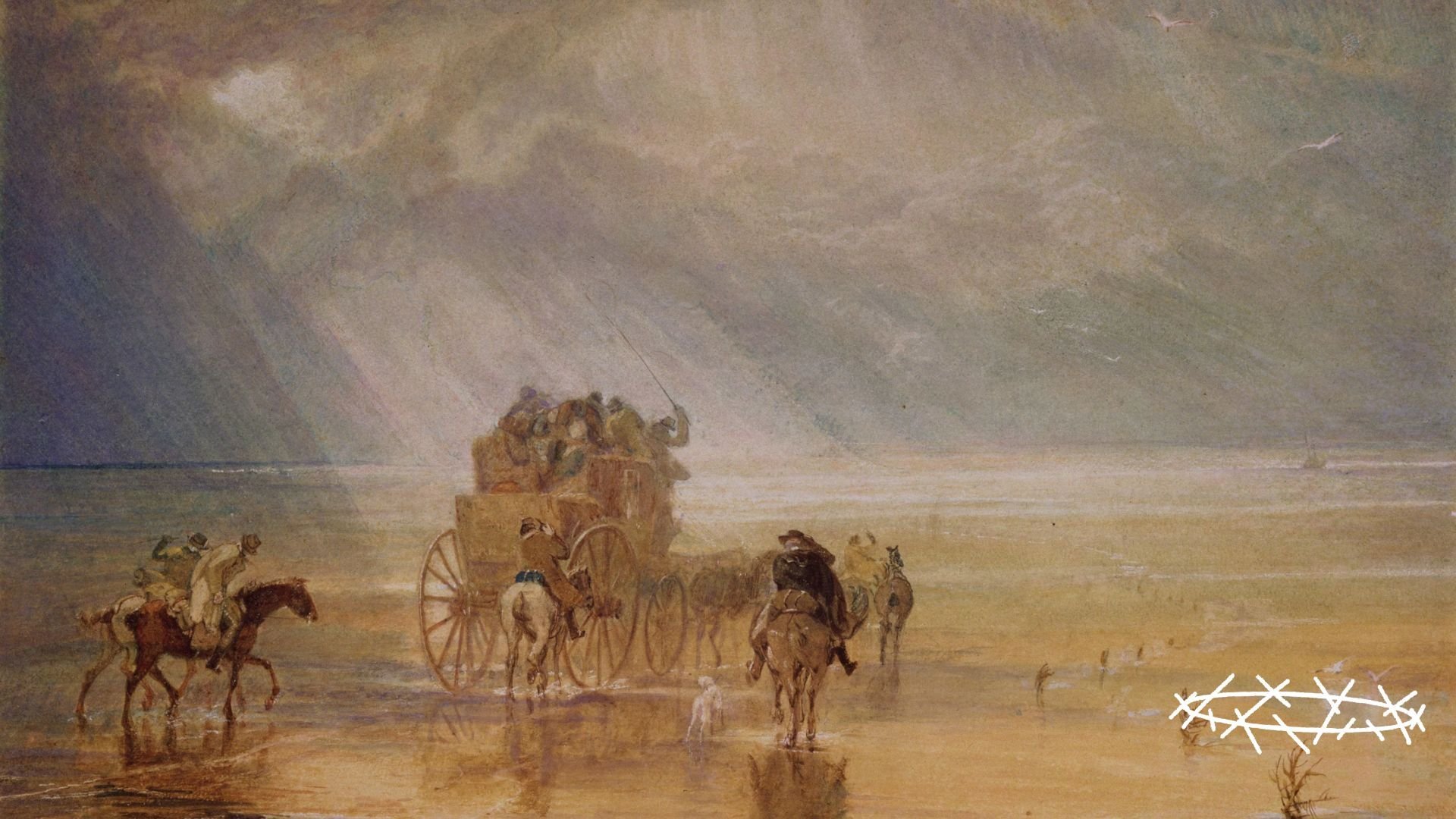Embracing Grace
BY hanna debord, yale ‘25
But his servants caught up with him and said, “Father, if the prophet had asked you to do something hard and heroic, wouldn’t you have done it? So why not this simple ‘wash and be clean?’”
2 Kings 5:13
The grace of Christ is what we crave most in life, but sometimes it can be hard to accept. In the case of Naaman from 2 Kings, it was a matter of pride when he exclaimed, "I thought that for me he [the prophet Elisha] would surely come out, and stand and call on the name of the Lord his God, and would wave his hand over the spot, and cure the leprosy!” [1] Elisha didn't even walk out of his house to greet the esteemed army commander, instead opting to send a messenger, i.e. ancient email, RE: Go Wash in the Jordan 7x. The presentation of God’s grace was not so appealing to him. How could he be so blind to the grace that was offered to him? It turns out, we aren't much different.
Praying to God and listening for his answer can be a lot like this example. As an excerpt from my own experience, “What do you mean I have to wait? That’s all?” Yep. We can be blinded by the simple nature of God’s commands, sometimes so much so that we are unable to enjoy the benefits that would come by simply following His directions and trusting.
Another issue we have with embracing grace is not that we are on a high horse, but rather that we're being trampled under the feet of said horse. Has this ever happened to you? For me, the most recent recollection of this feeling is when I responded harshly to my parents’ kind-hearted inquiries about my unimpressive (to my standards) first semester junior year grades, I caught myself responding in the heat of offense saying something in the middle of “leave me alone” and “why do you keep asking.” It was an unfortunate ending to an otherwise pleasant call. How could I deserve grace if I am prone to biting the hand that has always fed me with immeasurable kindness?
In both cases, the horse is particularly Trojan in that it is the hollow construction of who we think we are, or alternatively, who we think we should be.
The solution to this pesky horse problem comes from reframing our perspectives. The question of whether or not we deserve grace doesn’t matter because the answer is that we don’t. So, uh, that’s awkward; where do we go from there? Thankfully, regardless of our “qualifications” or, rather, the complete lack thereof, Christ died for us anyway. Romans 6:23 says, “For the wages of sin is death; but the gift of God is eternal life through Jesus Christ our Lord.”
It is absolutely that simple. By evaluating your response to the no-nonsense, all encompassing, life changing grace of God, you can recognize your position relative to the proverbial high horse and watch as it shrinks under the weight of grace, leaving behind the real you, formed in God’s image and wholly known and loved by the Father.
As we continue in this season of lent, let us humbly accept the indelible grace that Christ has given us through his sacrifice.
SOURCES
[1] 1 Kings 5:11
